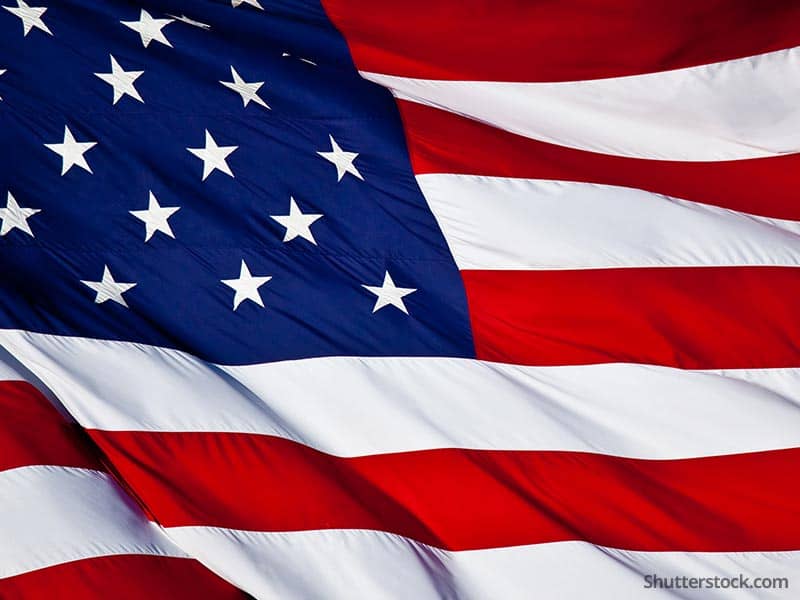But Sabri - who often preaches to thousands at the huge Al Aqsa Mosque, one of Islam's most important religious sites - said after his release that ''1,000 journalists'' have asked his position on suicide bombings, and he has always refused to comment.
Sabri, 63, whose post as mufti of Jerusalem is influential but largely ceremonial, was released after being held for three hours at a police compound in central Jerusalem. He has often made controversial comments that have outraged Israelis and police have detained him previously.
Police questioned Sabri about a June 1 interview in the Dubai-based newspaper Al-Bayan. The Arabic newspaper quoted him as saying that he ``did not see any religious prohibition'' against suicide bombings. ``On the contrary, it is self-defense and one of the successful types of resistance.''
After his release around midday, Sabri told The Associated Press: ``That newspaper published words that I never said. From the beginning of the uprising, I have been interviewed by more than 1,000 journalists ... and most of them asked about attacks in Israel. My response was that I had no position toward that.''
However, Al-Bayan said Sabri was quoted correctly in the interview, according to Omar al-Omar, head of the paper's international section.
``Obviously he's under a lot of pressure (from the Israelis) and what he said is expected, because he was arrested and forced to say that so he can be freed,'' al-Omar said.
Sabri was not charged. According to Israeli law, incitement to violence is a criminal offense.
Sabri, appointed to his post in 1994 by Palestinian leader Yasser Arafat, was detained briefly by Israeli police in September 2001 and questioned about a sermon and a meeting with Lebanese guerrilla leaders.
Last year, Sabri described the Palestinian uprising against Israel as a ``holy war'' and said that suicide bombers and other Muslims killed in the conflict were ``martyrs.''
``The issue is decided,'' Sabri said then. ``Muslims believe in the Day of Judgment and that dying as a martyr has its reward - going to heaven - and that a martyr is alive in the eyes of God.''
Israel says many Muslim clerics and Palestinian political leaders have encouraged suicide bombings with inflammatory speeches that say such attacks are sanctioned by Islam.
Sabri occsionally comments on the Mideast conflict, and his remarks are generally in line with Arafat's Palestinian Authority, which condemns suicide bombings in Israel, but is vague about attacks on Israeli civilians in the West Bank and Gaza. But Israel argues that the Palestinian leadership bears ultimate responsibility for the attacks and has not made a serious effort to prevent them.
Sabri's influence comes in large measure from his sermons during Friday prayers at the Al Aqsa mosque, part of the Noble Sanctuary compound in Jerusalem's Old City, the third holiest site in Islam. Thousands of worshippers attend on the Muslim sabbath, and the numbers swell to the tens of thousands on important religious occasions.
However, Israel has sought to prevent attacks in Jerusalem by barring most Palestinians from entering the city - and by extension, the mosque. On some occasions, Israel further restricts the turnout by barring young Muslim men in Jerusalem from reaching Al Aqsa, saying the fiery sermons incite riots. Last Friday, no Muslim men under 40 were allowed in.
``I told (the Israelis) it is not acceptable to prevent worshippers under 40 from entering,'' Sabri said. The Muslim holy month of Ramadan was approaching, and ``such measures will cause troubles.''
The mosque compound, dating to the 7th century, was built atop the ruins of the biblical Jewish Temples, the holiest site in Judaism, and it abuts the last remnant of the temple compound, the Western Wall. Sabri has repeatedly disputed Jewish links to the site that Jews call the Temple Mount.
In other developments Tuesday, Israeli Defense Minister Binyamin Ben-Eliezer said Israeli troops could pull out of the West Bank town of Hebron by the end of the week if the situation there remains calm.
Also, Palestinian Planning Minister Nabil Shaath said Arafat would appoint a new Cabinet by the end of the week. Shaath was speaking in Brussels after meeting European Union foreign policy chief Javier Solana. Arafat's Cabinet resigned Sept. 11 as the parliament was poised to vote no confidence in his government.
Solana welcomed Shaath's statement. Arafat has been under pressure by many Palestinians and foreign governments to appoint new ministers who will counter corruption and inefficiency.
In the West Bank town of Tulkarem, an 18-year-old Palestinian was killed when Israeli troops opened fire to enforce a curfew, Palestinians said. The Israeli military had no immediate comment.
The United States has been pressing Israel to pull out of at least one of the six West Bank cities it still holds after taking over seven cities in June. It had already pulled out of Bethlehem, but maintains8a military presence and often tight curfews on the rest.
The U.S. Ambassador to Israel, Daniel Kurtzer, sent a letter to Israeli Prime Minister Ariel Sharon over the weekend calling for the troop withdrawals, the easing of restrictions on the movements of Palestinians and the handover of hundreds of millions of dollars in Palestinian tax revenues that Israel has withheld.
``I hope that around the weekend this will happen, if the conditions are right,'' Ben-Eliezer told Army Radio. ``If the situation permits us to leave Hebron, I will of course encourage this.''
Sharon arrived in Washington on Tuesday and meets with U.S. President George W. Bush at the White House on Wednesday.

